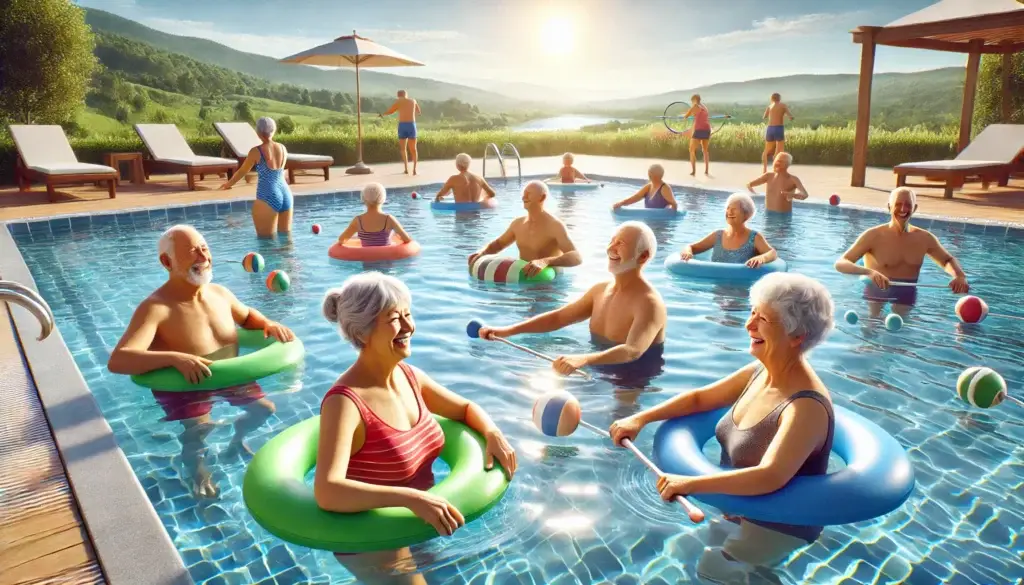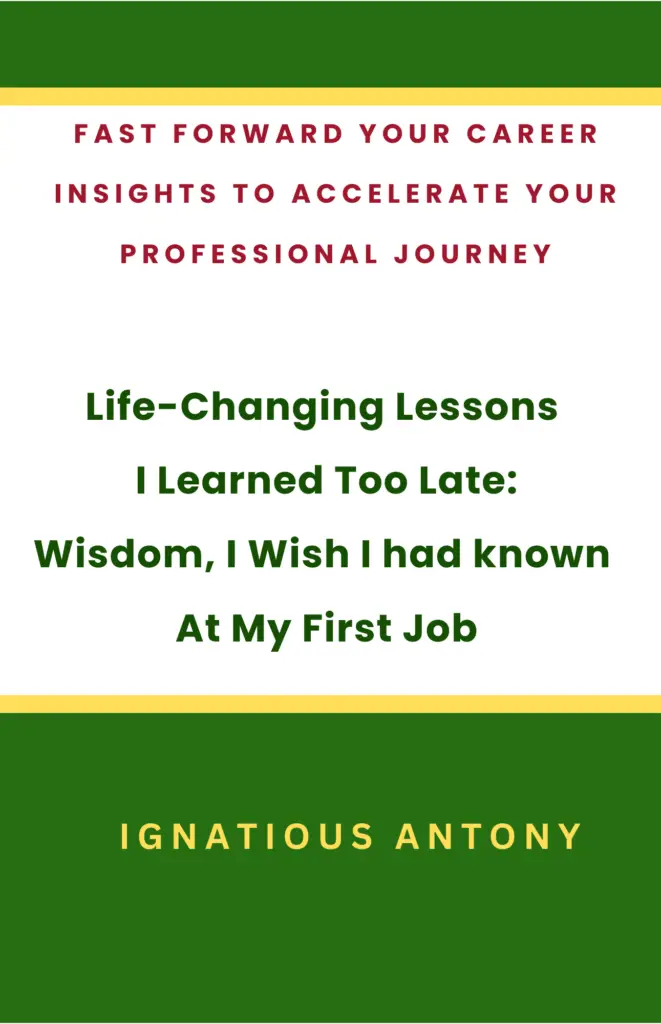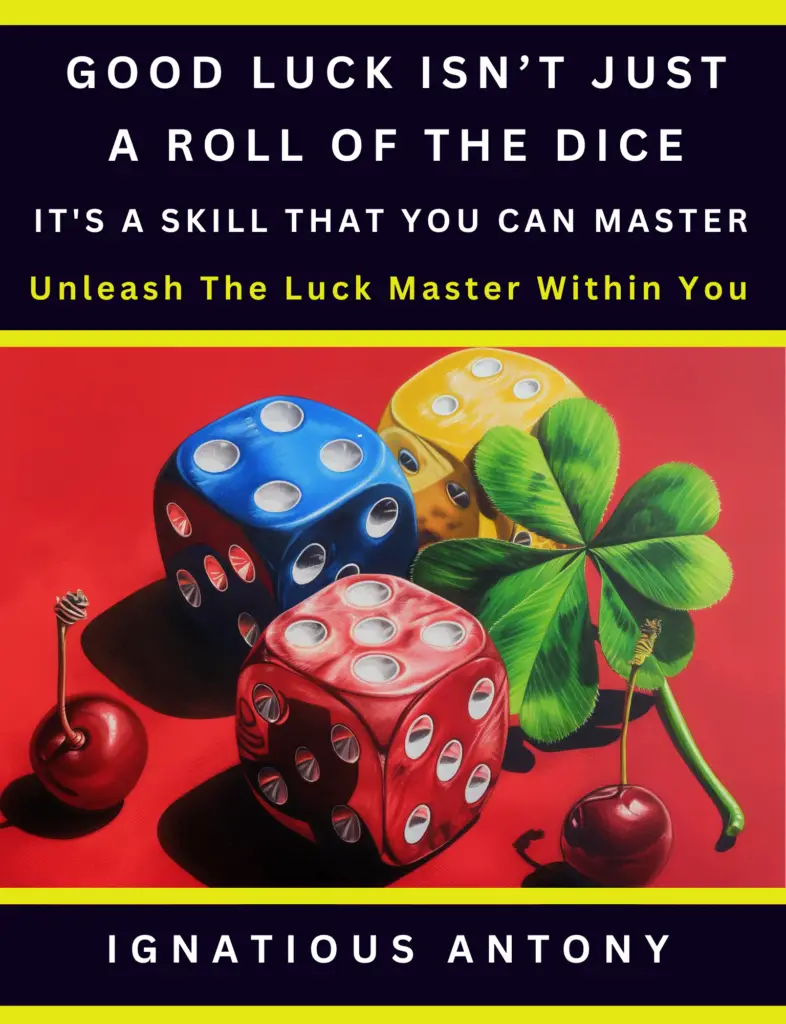Golden Years, Golden Opportunities: Living Your Best Life After 60.

Healthy, Happy, and Thriving Beyond 60
It’s a privilege to be sharing this moment with you and talking about something we all care about—how to age gracefully and live vibrantly after age 60.
Ageing is a universal journey; how we experience it depends mainly on the choices we make today.
Scientific studies and personal stories have suggested that we can’t stop that clock, but we can affect how it ticks as we move through the decades.
Here are some realistic suggestions for how to stay physically active, mentally sharp, socially connected, and emotionally fulfilled.

Physical Activity: Keep Moving for Strength and Independence
As we age, one of the most significant issues we must cope with is the degenerative loss of muscle mass and bone density. From age 30, we lose muscle mass at approximately 3–8% per decade, accelerating after 60. But there is hope—physical activity can stall this process and can even reverse some of the effects.
Develop and maintain Muscle Strength: Go for walks, swim, or ride a bike. These not only promote cardiovascular health but also aid in sustaining strength and flexibility. Swimming is particularly helpful as it takes the pressure off your joints by supporting them in the water, making it a great way to exercise.
The Power of Balance: Simple yet effective balance exercises, such as standing on one leg or Tai Chi (a gentle, popular form of exercise), also help significantly reduce the risk of falls. Falls are a leading cause of trauma and death in older adults, but they can be prevented with vigilance.
Start Small and Work Up: If you haven’t exercised, start with short, easy walks or chair exercises. Gradually increase the intensity and duration as your body adapts. Stretching exercises should always be included to stay flexible and avoid stiffness.
Mental Health Boost: Physical activity benefits more than just the body—it’s a tonic for the mind. Exercise releases endorphins, the “feel-good” chemicals that aid in alleviating stress, anxiety, and depression. Sleep quality also improves, contributing to overall well-being.
Take the story of Mrs. Devi, a retired teacher who started yoga at 71. She tells me her mornings are now brighter, her steps lighter, and she’s even returned to her favourite hobby, gardening, without the stiffness she used to feel.

Nutrition: Give Your Body the Right Fuel
Speaking of the body, let’s talk about fuel—our nutrition. Imagine your body as a car. Would you fill a luxury car with cheap fuel? Of course not. Our bodies deserve premium care, especially as we age.
What we eat matters even more as we age. Good nutrition supports our bones, muscles, brain, and health.
Calcium and Vitamin D are linked to strong bones: Milk, yoghurt, cheese, kale, and spinach provide calcium, and sunlight also does; fortified foods, such as cereals, assist with creating vitamin D. These nutrients function together to protect against osteoporosis.
Protein for Muscle Maintenance: Incorporate lean sources of protein (fish, chicken, tofu, beans, eggs) in all meals. Protein rebuilds muscle mass and keeps you strong.
Antioxidants for Cell Health: Fruits and vegetables high in antioxidants—such as berries, oranges, and leafy greens—protect cells from damage caused by oxidative stress, which can speed up ageing.
Whole Grains for Digestive Health: Brown rice, quinoa, and oats deliver dietary fibre to regulate your digestion and cholesterol levels.
Keep Hydrated: Older people tend to be dehydrated, as the thirst mechanism blunts with ageing. Stay hydrated by Drinking plenty of water throughout the day, complemented by naturally hydrating foods like cucumbers and watermelon.
Mr Ahmed, for example, transformed his diet by incorporating colourful vegetables, whole grains, and lean proteins. He says his energy levels soared, and even his joint pains have subsided.

Mental Stimulation: Keep Your Brain Sharp
Now, while we care for our bodies, let’s not forget our minds. The brain is like a muscle—it strengthens with use.
Cognitive decline may be among the scariest parts of ageing, but it’s not inevitable. Brain stimulation is also very beneficial and can help prevent or slow down cognitive decline.
Keep Yourself in the Active Learning Phase: Read novels, solve puzzles, or learn a new art like painting or playing an instrument. Such activities reinforce neural circuits and increase cognitive flexibility.
Friend time! Connect with friends, clubs, and groups. Staying socially connected is critical to combatting loneliness and keeping your brain active.
Neuroplasticity at a glance: Neuroplasticity is the brain’s ability to acquire new neural connections even in old age. I would add that engaging in new activities builds cognitive reserves that buffer memory loss and conditions such as Alzheimer’s.
Take Mr. Rao, who decided to learn Spanish at age 80. “Why not?” he said, and now he enjoys chatting with his grandson’s Spanish-speaking friends.

Social Connections: Nurture Meaningful Relationships
Loneliness is costly to mental and physical well-being. Research suggests social isolation is as harmful as smoking or obesity.
Stay Connected: Contact friends and family. A quick phone call, a cup of tea with a neighbour, or a stroll with a friend can work wonders for your emotional well-being.
Sew Groups—Whether you’re into books, gardening, or any other hobby, volunteer in charity or community service. Working as the chief of the group gives you a sense of achievement.
Mrs Nair started a knitting circle with her friends, and what began as a hobby turned into a lifeline of laughter and stories. Whether joining a group, volunteering, or simply making time for a neighbour, meaningful connections bring purpose and joy to our lives.

Health Checkups: Prevention is Key
And let’s not forget the importance of regular health checkups. These are not just appointments but opportunities to catch problems before they grow.
Preventive Checkups: An Ounce of Prevention is Worth a Pound of Cure
You must visit a doctor periodically for checkups to identify health issues and manage them at the right time before it is too late.
Key Screenings: Blood pressure, cholesterol, and bone density Testing would allow them to start treatment for conditions such as osteoporosis, diabetes, or heart disease much earlier.
Vaccination & Preventive Healthcare — Be acquainted (Flu & Pneumonia shots) These have been shown to reduce the risk of severe disease markedly.
Be Proactive About Symptoms: If you notice changes in vision, hearing, or energy level, see your doctor quickly. Timely intervention can have a huge impact.
Mr. Thomas, for instance, discovered during a routine checkup that his blood sugar levels were high. By making minor dietary adjustments, he prevented diabetes. Staying proactive about our health empowers us to lead a life of vitality rather than reactivity.

Emotional Wellness: Cultivate Inner Peace
I want to share something very close to my heart—emotional wellness. It’s often said that it’s not the years in your life but the life in your years that counts
Practice Mindfulness and Gratitude. Simple practices like meditation and journaling can reduce stress and improve clarity of mind.
Participate in Joyful Activities: Whether working in the yard, cooking, or playing with grandchildren, make time for things that make you happy.
Mrs. Meera, a dear friend, started a gratitude journal. Every night, she writes down three things that made her happy that day. She says it’s like a gentle reminder of the beauty surrounding her, even on the most challenging days.
Conclusion: Aging is a Journey, Not a Decline
So, my dear friends, as we journey through life, let us embrace ageing not as a decline but as a phase rich with wisdom and opportunities.
Let us nurture our bodies with movement and nourishment, keep our minds agile with challenges, cherish the relationships that give us meaning, and confidently take charge of our health.
Remember, every choice we make today shapes the life we live tomorrow.
Let’s begin today, right now, by deciding to make these years our best yet. Together, we can redefine what it means to grow older—stronger, wiser, and happier. Thank you, and may your days ahead be bright and beautiful.




